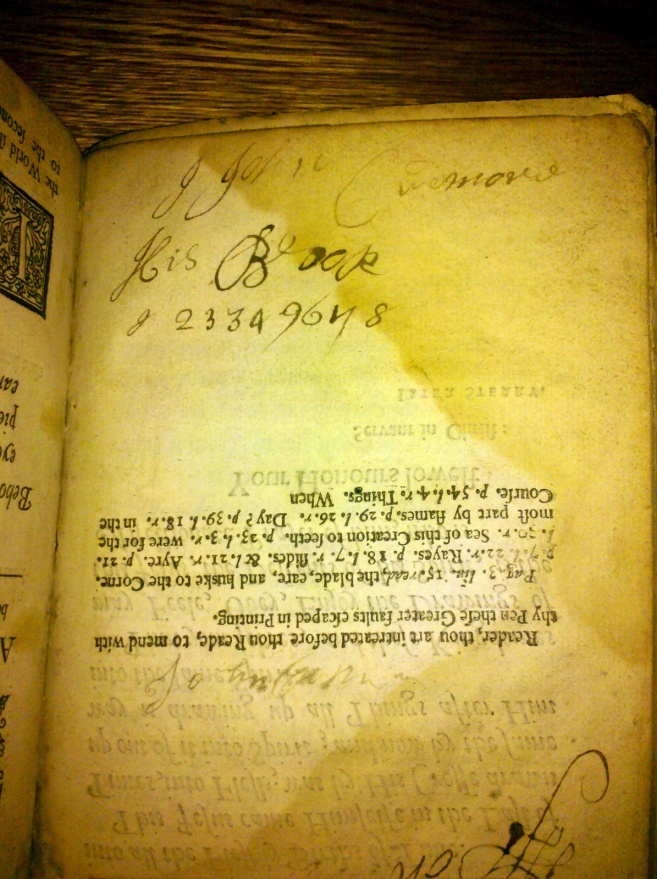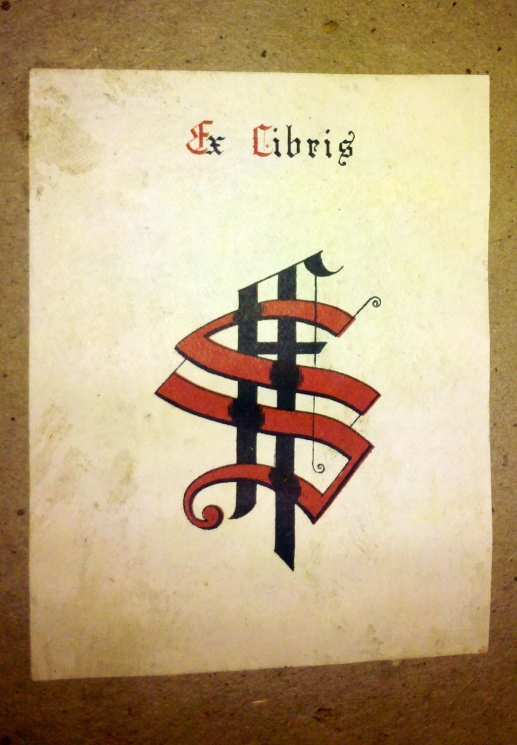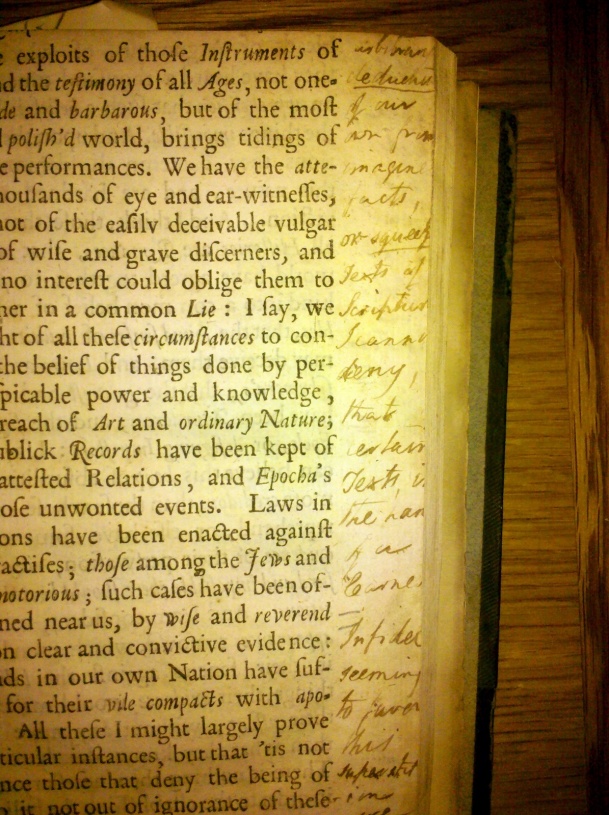Books with names but no bodies
In recent days I have been enjoying Adam Smyth and Gill Partington’s edition of Critical Quarterly on missing texts. As the title of their introduction asks, what is the material history of books with names but no bodies?
As it happens there is one particular book for whose body I have been searching recently: To Your Tents, O Israel by Henry Walker. The events which prompted its writing are well-known: on 4 January 1642, Charles I had made famous attempt to arrest five leading opponents in the House of Commons: arriving at Parliament only to find, in his own words, that ‘all the birds are flown’. Charles was determined to track down the rogue MPs, and believing that they were still in hiding in the capital, he decided to confront the Corporation of the City of London.
At about ten o’clock the following, Charles was taken by coach up the Strand towards the Guildhall. By the time he got there, a substantial crowd had assembled to meet him. After addressing the Corporation, Charles dined with London’s Sheriff, George Garrett, at his house in Aldermanbury Street next door. After their lunch was finished, he emerged and made his way back to his carriage. At this point the crowd surged and shouts went up of ‘privilege of Parliament’. This was the moment that Henry Walker, a 29-year old ironmonger turned writer and bookseller decided to throw a self-penned text into Charles’s coach.
The text has become known as To Your Tents, O Israel because of the passage in scripture it is supposed to have alluded to: 1 Kings 12:16, which told the story of King Rehoboam’s tyrannical rule over Israel. Rehoboam was a tyrant who imposed heavy taxes and harsh punishments on his people. In response, the ten northern tribes of Israel rebelled and formed their own nation. In alluding to these events, Walker was making a fairly heavy handed comparison to the extra-Parliamentary taxation that Charles had introduced under his period of Personal Rule in the 1630s.
However, it’s not actually clear if To Your Tents, O Israel was the title, or even if the text had a title. Nor is it clear what form the text took. It is described variously in contemporary accounts as a “Pamphlet”, “Petition”, “Paper” and “Sermon”. No copies survive and it’s not clear how many were made. We do know, though, that it was printed rather than hand-written. The only direct account we have of the text’s production is by a hostile witness, John Taylor:
He plotted and contrived with a Printer, the said night before to write and print a perrillous Petition to his Majesty, and borrowed the Printers wives Bible, out of which he tooke his Theame out of the first of Kings, Chap, 12. ver. 16 part of the verse; To your Tents O Israel. There was writing and printing all night, and all the next day those Libels were scattered, and when his Majesty had dined, and had taken Coach to returne to White-Hall, Walker stood watching the Kings comming by amongst the Drapers in Pauls Church-yard, and having one of his Pamphlets in his hand meaning to have delivered it to his Majesty, but could not come at him by reason of the presse of People, insomuch as Walker (most impudently sawcy) threw it over the folkes heads into his Majesties Coach.
John Taylor, The whole life and progresse of Henry Walker the ironmonger, E.154[29].
However, details in this account can be checked and verified. The printer was Thomas Payne, whose shop at the sign of the sugar loaf in Goldsmith’s Alley was a stone’s throw from Walker’s establishment in Butler’s Alley in St Giles Cripplegate. It was Payne who, having thought better of his role, shopped Walker to the authorities. In 1650 he received a belated reward of £20 from the Commonwealth’s Council of State ‘‘as a gratuity for his sufferings by printing a book for the cause of Parliament, written by Mr. Walker”. So it does seem clear that the text was in printed form, although it whether it was a book or a sheet is open to question. And it was written and printed overnight, which suggests it cannot have been that long or had a significant print run.
Something which may help resolve the question of what form of printed text it was is a reference two and a half years later in another of Walker’s works: an edition of his newsbook Perfect Occurrences for 30 August to 6 September 1644. At this point Walker was not acknowledging himself as the author of Perfect Occurrences, hence the references in the third-person:
Here followeth a true copie of Master Walkers petition to the king, for which he suffered.
To the Kings most Excellent Majestie.
Humbly beseecheth that your most Excellent Majestie, would be graciously pleased to meditate on that place of Scripture written, 1 Kings. 12. 15. 16. Wherfore the King hearkned not unto his people, for the cause was from the Lord, that he might perform his saying, which the Lord spake by Ahijah the Shulanite, unto Jeroboam, the Son of Nebat, So when Israel saw that the King hearkened not unto them, the people answered the king saying, what portion have we in David, Neither have wee portion in the son of lesse: To your tents O Israel, now see to thine own, &c. The Lord blesse guide and direct your gratious Majestie, and encrease the number of your faithfull loyall Subjects. Amen.
Perfect Occurrences, 30th August-6th September 1644, E.254[28].
So if we can trust Walker’s reprint, it seems that the text was more akin to a printed version of the manuscript petitions that were common for the king and Parliament to receive at the time. And a text of this length would barely take up half a side of quarto, so it seems unlikely that it was a pamphlet or other book: more likely, a single sheet with some copies taken to distribute to the crowd or paste up on walls, and which Walker was fortunate enough to have the chance to thrust upon Charles.
And so this particular missing text is perhaps not as missing as it seems. A version of it turned up, and is still extant, in a later text – and even if it is a summary or rewrite of the original, it does give some suggestions about what the text said and what form it took. Similarly, an apparently unreliable account in a work by one of Walker’s enemies turns out, when checked against other evidence of the London print trade, to have more in it than first appears. There is something quite satisfying about the fact that it is the material traces of other texts that allows at least a partial reconstruction of another text.






